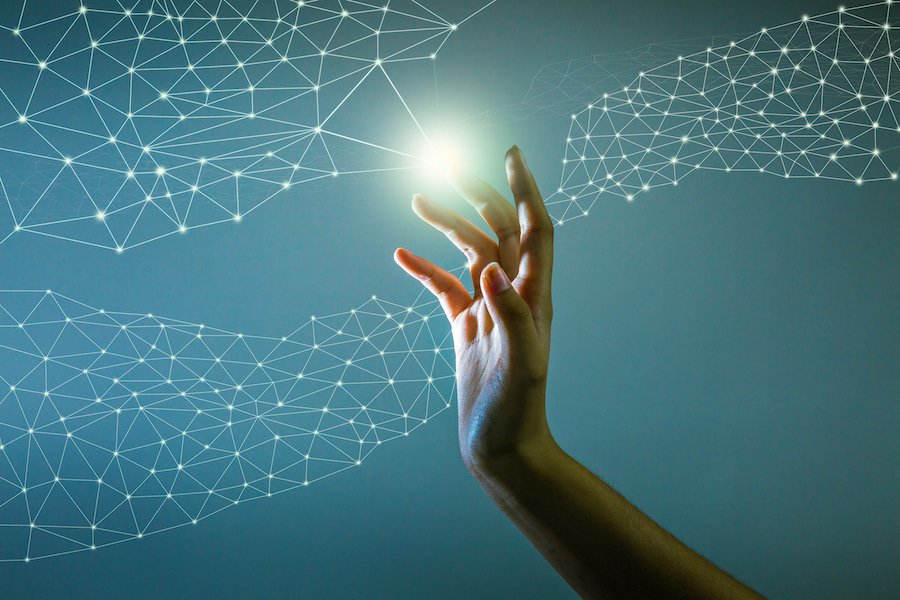We are all familiar with some of the internet’s largest crowdsourcing experiments, like Wikipedia and Amazon Mechanical Turk. But, crowdsourcing today is being applied to new, high technologies, like artificial intelligence. And it’s the crowd that could humanize our use of AI and help imbue machines of the future with some much-needed common sense.
The increasing resources being put into machine learning and AI ensure that such platforms will only grow more intelligent. But these systems are not yet self-learning. Still, optimism exists in high places for crowdsourced systems.
For instance, Eric Schmidt, Chairman and long-serving CEO to Google, opined back in 2016 that the next Google will be a crowdsourcing AI company. The crowd can work to label and define data , such as to label a picture to be a sunrise or a sunset. In the future, the crowd will provide diverse data sets, like daily health information about the individual.
This would assist firms to develop new drugs, for instance, and the next generation of crowdsourcing will see the crowd taking payment for data or individuals offering data for free in order to help advance a good cause.
Blockchain for the first time makes it economically feasible to send regular micropayments. This brings potential to incentivize the world’s foremost researchers and institutions to collaborate on a distributed or decentralized version of Watson that’s owned not by a centralized corporation, but rather token holders. This is the model pursued by Seoul-based Mind AI.
It is this monetary incentive that could be key to pushing AI technology forward as current AI technology is nowhere close to human intelligence, at least in terms of general cognitive ability.
Modern AI doesn’t learn too quickly, and lacks the ability to adapt to abstractions, reasoning, understanding language, and quickly changing circumstances. Deep learning is rudimentary at best in certain language tasks, planning and explaining why actions are undertaken.
There are also questions about the nature of the crowd. What if, in the future, crowds themselves include machines collaborating with the group? Crowdsourcing will then take an interesting turn and involve many people and machines and platforms working together in real-time to generate data and insights.
Could it be that top researchers and research institutions will earn tokens alongside robots?
As developers continue to work towards constructing models of AI with deep learning capabilities, it will be a case of the more data, the better. Knowledge is the lifeblood of artificial intelligence and will be instrumental in not just helping construct the model on which it will operate, but in further teaching us more about how to build the perfect AI.
Crowdsourcing knowledge seems to be an effective method; for the multiplicity of data outcomes, it offers the best chance of educating an AI as broadly as possible.
Crypto-backed incentives of micropayments may play a key role in this. By helping to obtain previously unimagined volumes of knowledge into an AI model, a crowd composed of unique individuals could prove to be the best shot at generating volumes of data needed for a truly smart AI.







